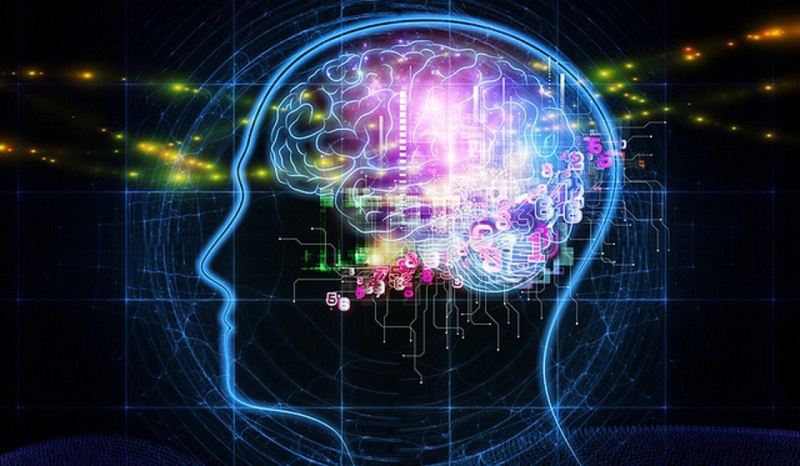
Is technology making us dumber?
For all the good technology has contributed toward the 21st century standard of living, it is not without consequence. Make no mistake, I am no Luddite, having experienced the transition from a pen-and-paper-based education to one dependent on computers, I value convenience and accessibility. However, the fact of the matter remains that these conveniences have unintended side effects that disrupt many of our natural brain functions. Neuroscientists Michael Merzenich likens this to a massive rewiring of our gray matter.
1. Sleep patterns disrupted
The blue-enriched light emitted by the LCD screens of smartphones, tablets, laptops, and monitors suppress the body’s natural nighttime melatonin production, thus disrupting the sleep schedule. The hormone plays a key role in regulating the body’s circadian rhythm, or natural sleep cycle, but exposure to blue light causes the body to assume it’s still daylight hours and delay the release of melatonin, thus making one more susceptible to sleep deprivation.
2. Distraction comes naturally
The entanglement of Internet, e-mail, social media, and mobile devices ensures that information is immediately within a moment’s reach. There’s always some seemingly interesting shred of information fighting for your attention, and thanks to modern tech’s accessibility, one can instantly transition between excel modeling and cat videos. This can become a grave issue for those who lack will power or were born during the smartphone generation where multitasking is the norm. According to a 2012 Pew Research Center survey of 2,400 teachers, 87 percent agree that “today’s digital technologies are creating an easily distracted generation with short attention spans.”
3. Diminished short-term memory
Nicholas Carr explains in his book The Shallows that there are two types of memories: transient working memory (short-term memory) and long-term memory. Memories are made when information is transferred from transient working memory to long-term memory. Interrupting the conversation at any point before completion — by sending a text message before completing this sentence — may erase the information stored altogether.
4. Increased forgetfulness
Forgetfulness is compounded when decreased short-term memory is combined with sleep deprivation and chronic multitasking. Not only are new memories difficult to make, but the immediacy of so much information reinforces the fallacy that it’s not necessary to remember facts, basic arithmetic, or even spelling because Google, calculators, and autocorrect will do all the work for you. This notion, or lack of mental stimulation, creates a mind utterly dependent on outside factors to properly function; it’s convenience at the cost of independence.
5. Increased risk of Alzheimer’s disease
Navigating solely by way of GPS for navigation under stimulates the hippocampus, the area of the brain responsible for memory and navigation, increasing the risk of suffering from memory and spatial orientation problems later in life. Studies performed by Veronique Bohbot, associate professor of psychiatry at the Douglas Mental Health University Institute, found that compulsive GPS users have significantly decreased activity in their hippocampus than people who navigate using the spatial technique of building a cognitive map based on landmarks. Decreased hippocampus stimulation not only increases the chance of developing Alzheimer’s disease, but further exacerbates the condition’s effect given the hippocampus is the first region of the brain to be affected.
6. Difficulty absorbing information
Studies show that it’s more difficult to absorb information read online than read from books. The overlaid hypertext forces the brain to subconsciously decipher the relevancy of what’s displayed, leaving less processing power for what’s actually being read. Nicolas Carr explains that the act of evaluating hyperlinks, adjusting to different formats, and deciding what to click undermines the brain’s ability to exclusively focus on reading.
7. Addiction
Not only is Internet addiction disorder (IAD) a recognized psychiatric disease, but the brains of Internet addicts resemble those of alcoholics and drugs addicts. A 2012 study performed by the international PLOS ONE journal found that abnormal gray matter materializes in the brains of Internet addicts and disrupts their ability to process emotions and regulate decision-making; this structural changes matches that of substance abusers.
Related articles:
Advertisement
Learn more about Electronic Products Magazine





